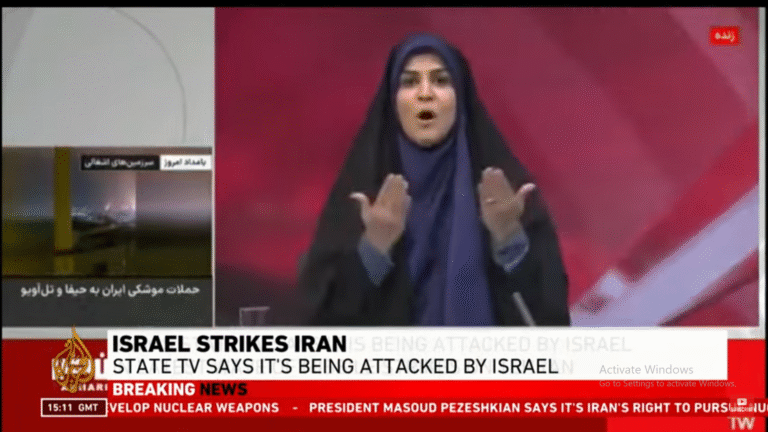
Israel’s Aims: Disrupt, Deterrence, and Dominance
Israel’s recent strikes on Iranian oil and gas sites go beyond tactical retaliation—they form part of a multidimensional strategy:
- Curbing Nuclear Ambitions & Military Infrastructure:
Through Operation Rising Lion, Israel targeted Iran’s nuclear complexes, missile launchers, and command hubs. Simultaneously, Mossad covert operations disabled Iran’s air defenses—showing Israel’s intent to derail nuclear/military programs before Iran gains irreversible capabilities theaustralian.com.au+15ft.com+15washingtoninstitute.org+15theaustralian.com.auwashingtonpost.com+2reuters.com+2en.wikipedia.org+2. - Sending a Message to both Tehran and its Citizens:
By striking energy hubs, Israel signals that Iran’s economy is vulnerable. This combined hard- and soft-target pressure aims to deter further aggression and possibly seed domestic dissent . - Shaking Up Regional Balance:
Disabling Iran’s energy sector targets its ability to fund proxies like Hezbollah, Hamas, and Iraqi militias. This indirectly supports Israel’s broader “axis of resistance” containment objective amp.dw.com+15dw.com+15en.wikipedia.org+15.
🌐 Why Oil Facilities?
- Economic Leverage: Iran significantly depends on oil and gas. Disrupting these revenues weakens its military financing theaustralian.com.au+2washingtoninstitute.org+2timesofindia.indiatimes.com+2.
- Market Pressure: Attacks risk global energy ripple effects. Even if Israeli strikes haven’t halted exports yet, market anxiety skyrockets—pushing oil prices up and putting international pressure on Iran .
- Psychological & Political Blow: Domestic unrest may grow if fuel prices or gas availability suffer—potentially destabilizing the regime internally ft.com+1en.wikipedia.org+1.
⚠️ Risks Limit the Strategy
- Escalation Potential: Strikes on energy infrastructure could provoke intense Iranian retaliation—via missiles, proxy mobilization, or even attempts to shut the Strait of Hormuz business-standard.com+5ft.com+5ndtvprofit.com+5.
- International Pushback: Gulf states like Saudi Arabia and the UAE are uneasy about oil-targeting strikes, fearing regional spillover and pressure on their own facilities. The U.S. has even advised Israel to avoid oil sites timesofisrael.com.
- Diplomatic Disruption: These operations have already derailed nuclear diplomacy—U.S.–Iran talks in Oman were halted following the June 13 assaults .
🧭 Conclusion: Strategy with High Stakes
Israel’s targeting of Iran’s energy infrastructure is a calculated measure—leveraging economic pressure to impede nuclear and military development while raising the cost of aggression. But it walks a fine line:
- If effective, it could weaken Iran’s financing of regional proxies and deter escalation.
- If overdone, it risks regional war, global economic ripples, and alienation of international supporters.
The outcome hinges on whether Israel can use this leverage without triggering a dangerous escalation—and how the international community responds.




